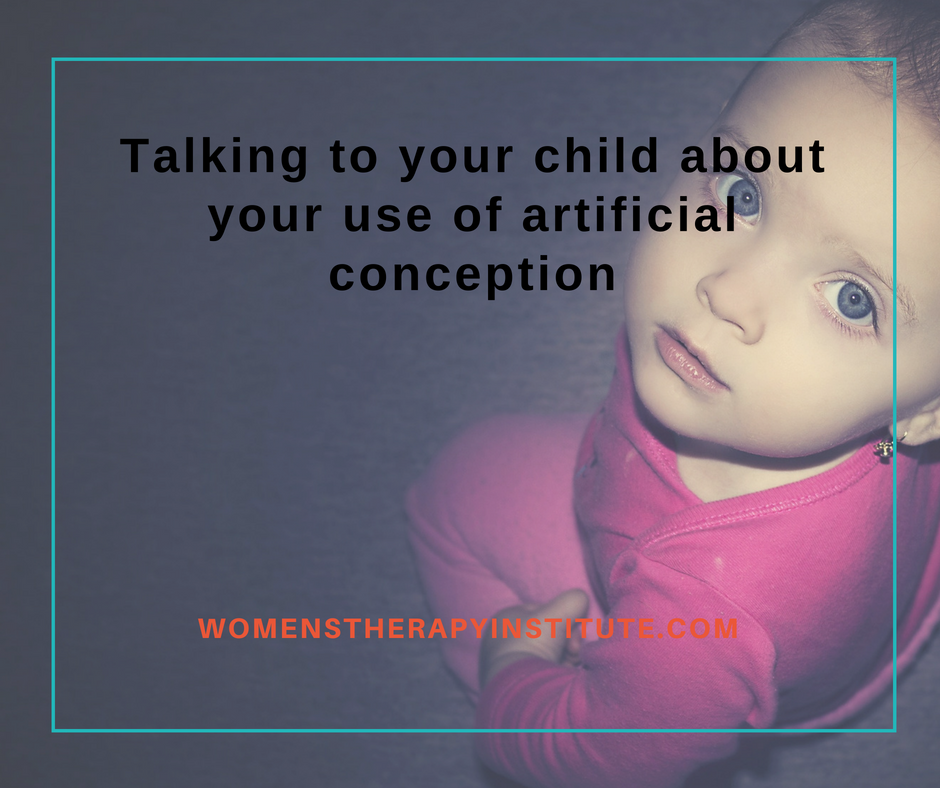
Talking to your child about your use of artificial conception
Using artificial means of conception, including artificial insemination and use of an egg donor, has become more commonplace now that technology has made it more readily available to couples. The question inevitability comes up with all parents who use these means of conception—what do we tell our children? How do I tell my child? Understandably so this is a difficult topic to approach.
In the past, it was thought best that parents keep to themselves. That this is a personal decision and they didn’t need to tell anyone about it, including the child. However, research has shown just the opposite. Parents who fail to tell their child about this significant piece of genetic history faced grown children who were inevitably angry and hurt at the decision of their parents to not share such details. There are a host of reasons why parents may want to be honest with their children from a young age about their conception.
Why you may want to tell your child?
First and foremost is medical history. When that child grows into an adult they will want to know more about their medical history, they will ask, and it would be helpful for them to know of any risks. Another big issue is identity. What if that child has a talent, or a body part that is unique to the rest of the family, they may start to feel lost or like an outcast to the family. Children who know their history are less likely to feel this way because they know the truth. And, the bottom line is it is hard to keep secrets and this is a big one. As the child’s parent it will eventually come out. The child will find out this piece of their history and it is nothing to be ashamed about. By keeping it from them you are making it seem like they should be ashamed when in real honesty it is a reason to celebrate. This child that you love dearly was possible because of technology, yes, but you still love him/her the same as any other child. Possibly you even appreciate having the ability to raise a child a little more because you understand the struggle. This was your dream, and you did what you could to make it happen for your family.
How do you tell your child?
Before you dive right into telling your child his/her conception story and what you may or may not know about the donor, test the field. What do I mean by this? Show the child a video or read a book, do something that presents the topic to him or her impersonally. This will help them to understand that these things do happen, and it will also help you to gauge whether he/she is ready to have a conversation about it. When you feel the child is ready, start the conversation out by saying that you have loved them from the very beginning, before they even existed, you have loved them since they were a thought in your head. All of this will help the child to process the information without feeling disconnected from the family.
If you are having trouble talking to your child it may be helpful to seek out a licensed counselor who can help you set up a plan of action. And, know, while these concerns are normal, your child just wants to be loved and included in your family and if you make that clear from the beginning you have nothing to worry about.
